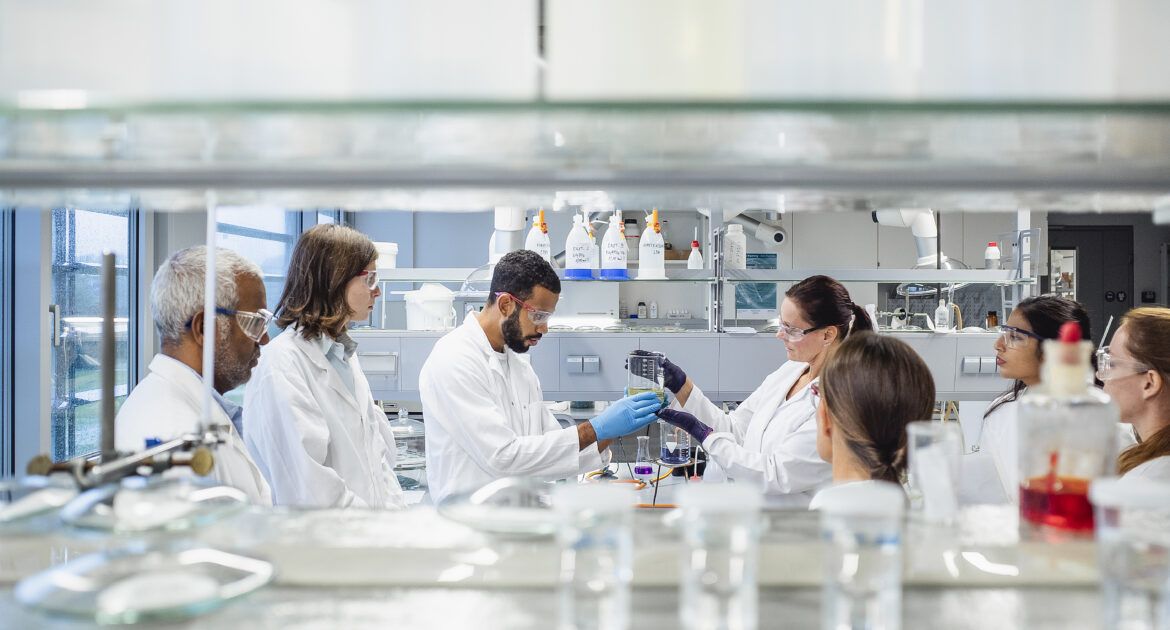Academics in medical engineering teach undergraduate and postgraduate students following related courses, such as medical, biomedical, and pharmaceutical engineering.
They also lead and contribute to research projects and activities in medical devices and equipment design.
Duties:
- Planning and delivery of teaching across engineering, medical and pharmacy disciplines
- Contributing to the research activities of the faculty or school
- Acting as course leader and designing multi-disciplinary modules
- Supervision of doctoral students
- Maintaining links and collaborating with external agencies in the healthcare sector and industry
What qualifications and experience do you need?
A PhD in a related discipline and a proven record of research output and publication would be essential for senior lecturer roles.
You would also need to have considerable teaching experience at HE level. Relevant professional experience within the medical technology or pharmaceutical industries would be highly desirable.
What’s the pay?
Senior lecturers can expect to start on a salary in the range of £40,000 to £49,999 p.a.
What can it lead to?
On gaining experience as a senior lecturer, your next move could be to apply for a professorship. Promotion would depend on the success of your research and ability to attract new funding.
Where can I find jobs?
You will find lecturing roles in medical and biomedical engineering in schools and faculties of engineering and/or sciences. The majority of senior lectureships are advertised as full-time and permanent and the busiest time for recruitment is during May and June.
Find senior lecturing roles in medical engineering
Related articles:
- Research Jobs in Medical Technology
- Diagnostic Radiography jobs profile
- Lecturing Jobs in Medical Technology


Leave a Reply